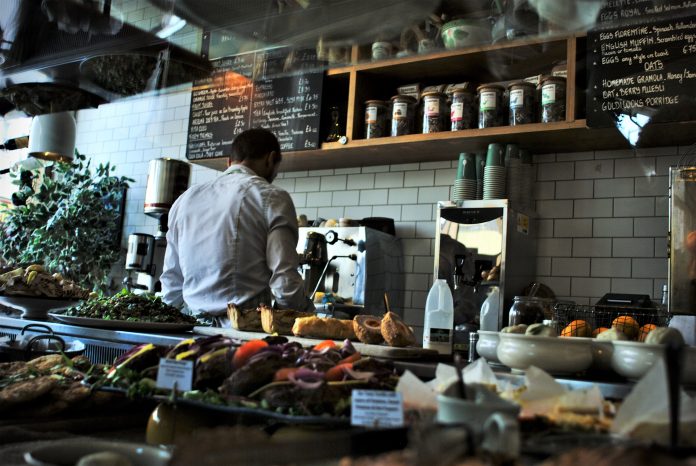When you run a restaurant, there’s one thing that you will have to think about other than the ingredients you have to order, the management of staff, and management of your finances. Consider what you are going to do about food that is left uneaten because this is a scenario that will happen all the time. On top of that, there will be times when you can’t cook all the ingredients that you have in your pantry. And when that happens, all could end up as food waste.
Here are 5 tips for reducing food waste in restaurants.
1. Maximize shelf life of your ingredients.
A factor that can contribute to food waste is having ingredients that go stale before they are cooked. This is a big waste of ingredients as you will need to replace them again. In order to avoid this food wastage, make sure that you maximize the shelf life of your ingredients. To do this, always make sure that any perishables are properly stored. You don’t want them going bad when you haven’t cooked them yet.
2. Find ways to repurpose the ingredients that you have in your pantry.
There may be times when you have excess ingredients that were used for a recipe. Instead of throwing them away, keep them if they are still good and then find a way to repurpose them. For example, if you have day-old pieces of bread, try to turn them into croutons. Or if you have any leftover turkey, you can make it into a hot soup. You can transform any ingredients or food into however you want them to be.
3. Organize your stock.
You can avoid wasting food and ingredients if you have a strategized system of labeling your ingredients. For example, there are perishables that have to be used first in order to prevent spoilage. So develop a system where you label items that have to be taken out first from your refrigerator and keep a list of all those products. This will help you when you need to restock. For example, you will know when to contact this produce supplier or that poultry vendor if you are running out of stock. You won’t be ordering perishable items too early or too late.
4. Offer free meals to your staff.
It won’t hurt to offer free meals to your staff, especially if there are constant instances where ingredients are in surplus. So while the food is still good and if your menu does not not have any other recipes that need the ingredients, they can always be cooked for your staff. This will encourage your staff to become innovative with the food they cook.
5. Donate food.
If you have food that is still safe to be consumed but can no longer be used, you can always contribute and donate it to a local soup kitchen in your community. You can also open your restaurant to those who need it. This way, your leftovers are put to good use.
Find a Home-Based Business to Start-Up >>> Hundreds of Business Listings.

















































